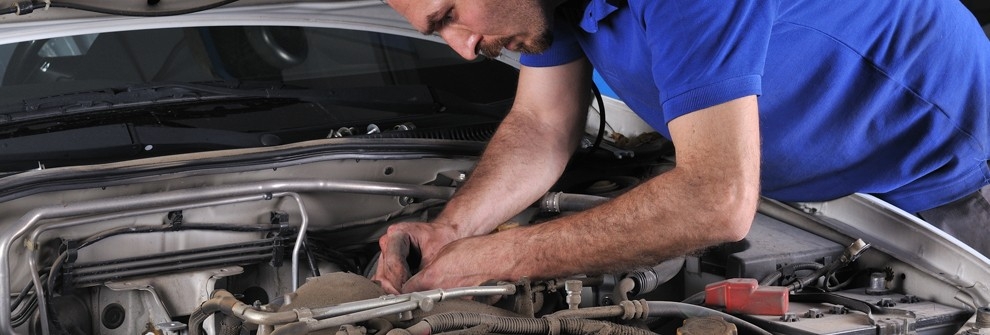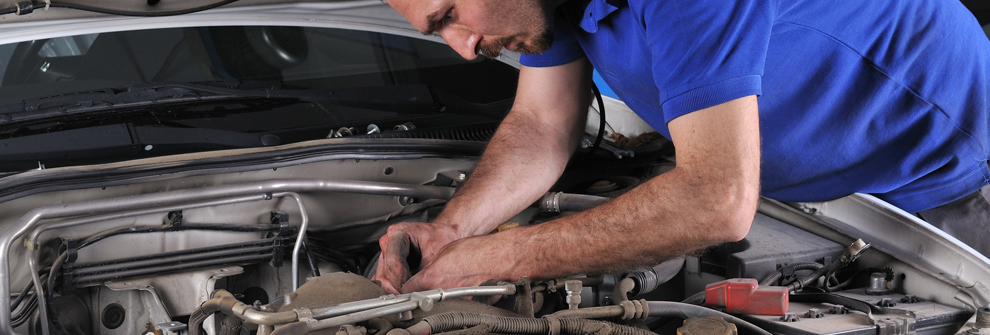Vehicles are lasting longer…there’s an oil for that.


Vehicles are lasting longer...there’s an oil for that
Between technology improvements and government mandated fuel economy requirements, automakers have been building lighter vehicles that are built to tighter tolerances. Thus, are more durable. Newer more advanced engines are designed to go farther and last longer than a decade ago.
The average age of a vehicle today is higher than it has ever been, and this presents maintenance opportunities. The average age of a vehicle on the street today in the U.S. is 11.6 years old and the average length of vehicle ownership is at an all-time high of 6.6 years, according to Automotive News. Incredible! Long gone are the days when people wanted new cars every three or four years.
What is considered ‘old’ or ‘high mileage’ anymore? We know now that our cars are lasting longer. According to the U.S. Department of Transportation, the average American drives 13,476 miles/21687 km per year. That means, the average vehicle on the street has 156,000 miles/251058 km on it. If we just half that, let’s call 75,000 miles/120700 km ‘high mileage,’ which equates to a 2011 model year vehicle. People holding onto high mileage vehicles are smart, prudent, pragmatic types, they want to maximize their investment by prolonging the life of their vehicle.
Many newer, high mileage vehicles require an advanced, SAE 0W-20 grade motor oil. 2010 is when popular foreign brands such as Honda and Toyota started using low viscosity 0W-20 engine oils. And many odometers in these model years exceed 75,000 miles. It may be paradoxical to think of a vehicle that takes a 0W-20 grade motor oil as a high mileage vehicle, yet it is. High mileage no longer equates to ‘old’ or high viscosity.
So how do you keep a vehicle operating and performing properly as you start to accumulate 75,000 miles/120700 km or more?
In addition to performing regular vehicle maintenance, seals and gaskets age and erode just from normal use – they can start to harden and get brittle. Oil eventually can start to leak, and the engine may consume more oil. Ultimately, running low on oil is going to be harmful to the engine (and not very good for the garage floor, either). High mileage engine oils have been on the market for years and are designed specifically to address the issues engines encounter as they surpass the 75K mark.
High Mileage Oils vs Conventional Oils
High mileage oils are formulated to help prevent leaks by using components and conditioners that help rejuvenate cracked and eroded seals (think of it like moisturizing) to reduce or even prevent leakage. As older engines have a tendency to wear out, high mileage motor oils can offer better engine wear protection than conventional motor oils.
Another difference between high mileage and conventional oils is protection against sludge and deposit buildup. The more miles an engine puts on, the more likely it is to suffer from sludge and deposit formation. The chemistry of high mileage oils includes additives that act as cleansing agents, helping to clean away much of the unhealthy buildup.
What’s On The Horizon
As automotive OEMs explore new engine technologies to meet more stringent MPG and emission goals, engine wear is a major concern. Automakers are working closely with the oil companies and our chemical suppliers to develop lubricants that will support the long-term durability consumers expect of today’s engines. Meanwhile, lubricant producers have to think about high mileage viscosity grades as viscosities in general are trending downwards. Where 5W-30 is common for high mileage oils today, the industry is actively looking at 0W-20. We also acknowledge the trend towards full synthetic oils. These two trends are converging – synthetics and longer-lasting cars – and are resulting in the emergence of synthetic-blend and full synthetic high mileage oils.
All of this bodes well for consumers. If people want their cars to last longer without lagging in performance, the lubricant industry is responding with products that make it possible.
07/10/2018




























